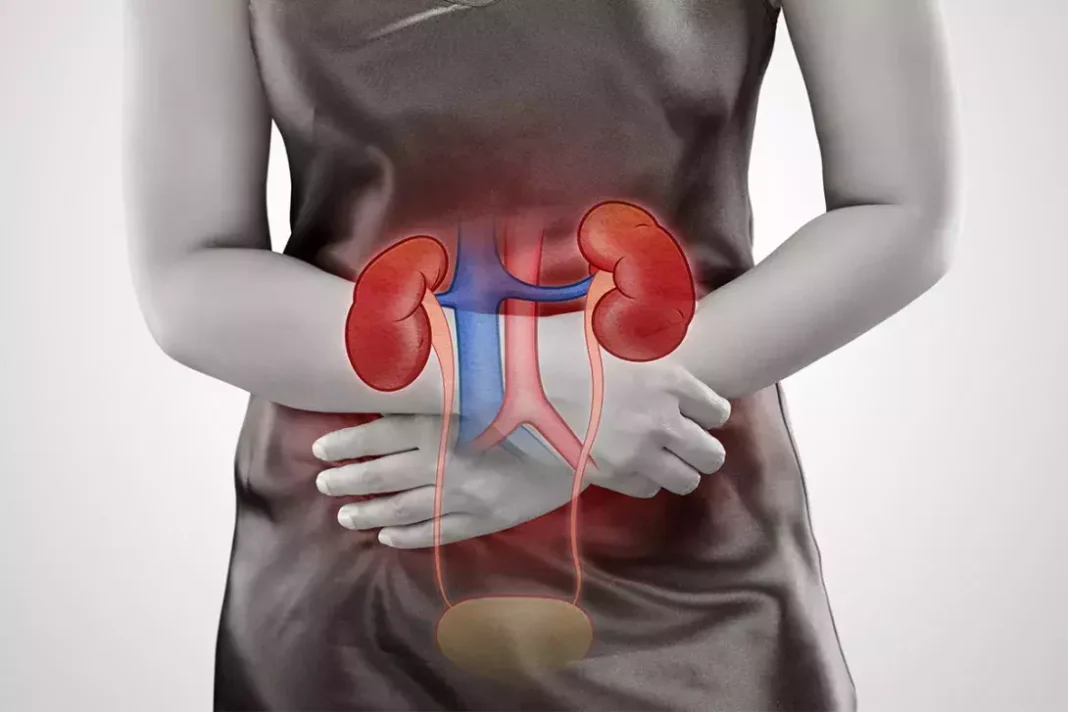By. Dr. Rupinder Kaur Murjani – MBBS, MD (Medicine) Public Health Speaker
Urinary Tract Infections (UTIs) are one of the most prevalent health concerns among women globally. According to epidemiological data, nearly one in two women will experience at least one UTI in her lifetime, and a significant number of women face recurrent infections. While they may seem like minor irritants, UTIs can escalate into serious health issues, especially during pregnancy. Understanding the causes, scientific evidence, and the increased risk during pregnancy is key to prevention, early diagnosis, and appropriate treatment.
Why Are Women More Prone to UTIs?
The answer lies largely in female anatomy and physiology. The female urethra is much shorter (about 3–4 cm) than that of males (approximately 20 cm). This anatomical difference allows bacteria, most commonly Escherichia coli from the intestinal tract, to travel more easily from the anus or vaginal area to the bladder.
The proximity of the urethral opening to the anus further increases the risk of bacterial transfer, especially if hygiene practices are inadequate. Activities such as sexual intercourse can also introduce bacteria into the urinary tract, which is why some women experience “honeymoon cystitis.”
Additionally, certain forms of contraception, like diaphragms and spermicides, can disrupt the natural vaginal flora, making it easier for harmful bacteria to multiply. Postmenopausal women also face higher risks due to declining estrogen levels, which thin the vaginal walls and reduce protective mucosal secretions.
What Do Clinical Studies Say?
Clinical data consistently support the higher prevalence of UTIs in women:
- A 2022 study in the Journal of Infectious Diseases reported that over 50% of UTIs globally occur in women, particularly in their reproductive years.
- According to the National Institute of Diabetes and Digestive and Kidney Diseases (NIDDK), women are 30 times more likely to develop a UTI compared to men.
- Up to 90% of uncomplicated UTIs are caused by E. coli, though other organisms like Klebsiella, Proteus, and Staphylococcus saprophyticus also play roles.
- Recurrent infections are common: a review in The Lancet found that 25–50% of women experience a repeat UTI within six months of their first episode.
Why Are UTIs More Dangerous During Pregnancy?
Pregnancy is a time of profound physiological change — many of which increase susceptibility to UTIs.
- Hormonal Changes
Increased levels of progesterone relax the smooth muscles of the urinary tract, slowing down the flow of urine. This urinary stasis provides a perfect environment for bacteria to multiply.
- Pressure from the Growing Uterus
As the fetus grows, the uterus exerts pressure on the bladder and ureters. This can cause incomplete emptying of the bladder, leading to residual urine and increased bacterial colonization.
- Immune Suppression
Pregnancy naturally suppresses the mother’s immune system to protect the growing fetus. This reduced immunity makes it harder for the body to fight off infections, including UTIs.
- Asymptomatic Bacteriuria
Pregnant women are at risk of a silent condition called asymptomatic bacteriuria, where bacteria are present in the urine without any symptoms. If left untreated, it can progress to pyelonephritis, a serious kidney infection.
Untreated UTIs during pregnancy can result in preterm labor, low birth weight, and even maternal sepsis. Therefore, regular urine testing is recommended as part of routine antenatal care.
Prevention: What Can Women Do?
Preventing UTIs is not only possible but also essential; especially for women in high-risk groups such as pregnant women, diabetics, and the elderly.
Here are some preventive tips:
- Drink 8–10 glasses of water a day to flush out bacteria.
- Wipe from front to back after using the toilet to avoid spreading bacteria from the anal area.
- Avoid holding urine for long periods.
- Urinate before and after sexual intercourse.
- Wear cotton underwear and avoid tight-fitting clothes that retain moisture.
- Avoid perfumed feminine products, douches, and scented toilet paper that can irritate the urethra.
- In pregnancy, attend all prenatal checkups, and follow up on urine test results.
Awareness is the Key to Prevention
While UTIs are common, they are not trivial. For women — especially those who are pregnant — understanding the risks and symptoms is crucial. Early diagnosis and timely treatment prevent serious complications and improve quality of life.
Increased public awareness, regular health checkups, and simple preventive steps can significantly reduce the burden of UTIs among women. Let us empower women with knowledge so they can take charge of their urinary health, not just for themselves, but for the health of future generations as well.




